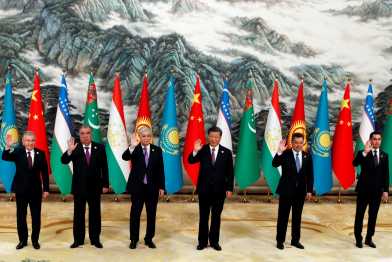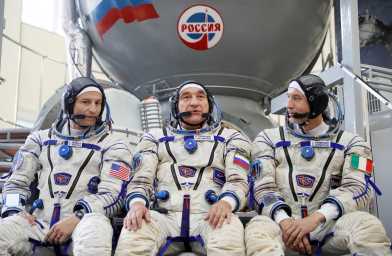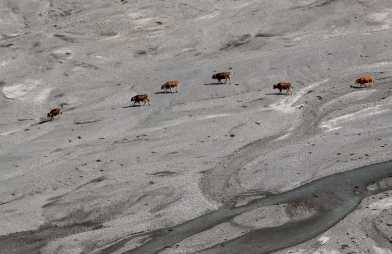07
US-China Interdependence: Implications for Switzerland

The latest CSS Study explores the implications of the US-China interdependence for Switzerland. Starting from a macro level, CSS' Michiel Foulon considers the overall economic and strategic implications of the rivalry. Moving to the micro level, Sophie-Charlotte Fischer and CSS' Julian Kamasa shed a light on the effects of the US-China interdependence on high-tech sectors.
Central Asia in an Era of Great-Power Rivalry

China has an opportunity to expand its influence in Central Asia significantly, as its recent summit with regional leaders demonstrated. This creates both opportunities and challenges for the Central Asian countries, which must contend with the effects of great-power rivalry on their region, argues CSS' Brian Carlson in this edition of the CSS Analyses in Security Policy series.
The Promise and Paradox of Science Diplomacy

There is no accepted definition of science diplomacy. As a concept, science diplomacy seeks to navigate two opposing imperatives: addressing common issues and advancing national interests. This tension cannot be resolved. For this reason, science diplomacy will remain a contested and dynamic concept, argues CSS' Leo Eigner in this edition of the CSS Analyses in Security Policy series.
Adapting to Climate Change: Lessons for Swiss Civil Protection

To identify opportunities for Switzerland to adapt to climate-exacerbated hazards, the latest CSS Risk and Resilience Report by Christine Eriksen, Andrin Hauri, Simon Aebi, and Jurgena Kamberaj examines changes initiated by Germany, Austria, France, and Italy in response to recent disasters.